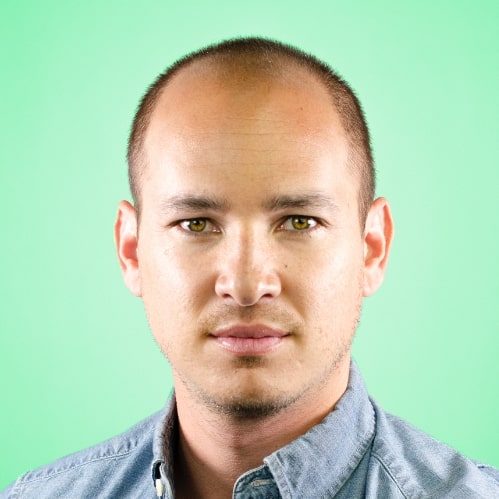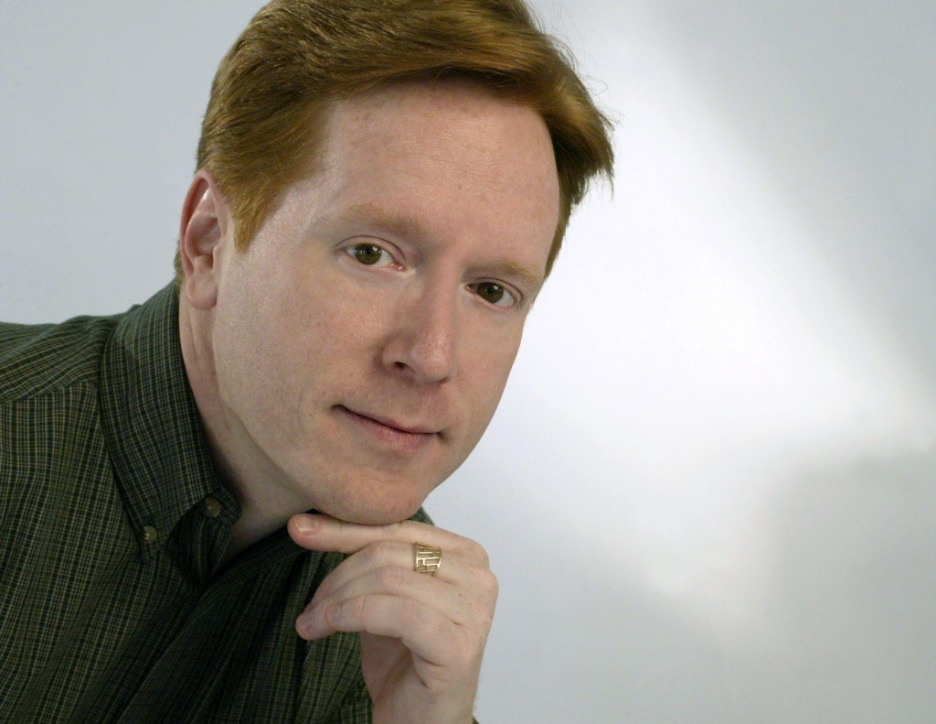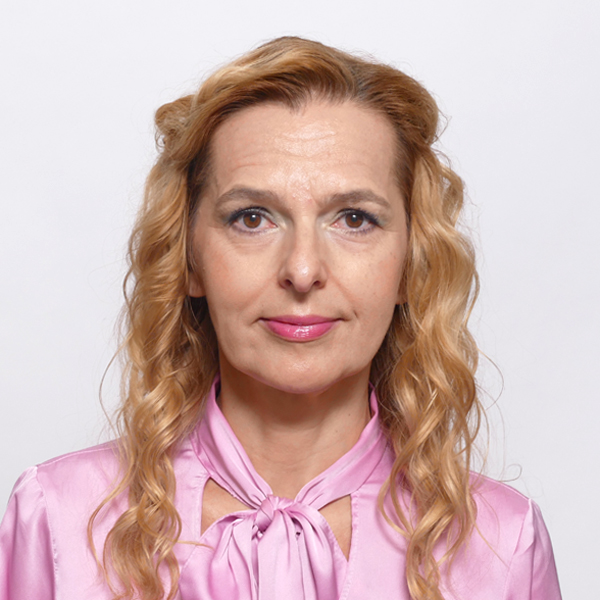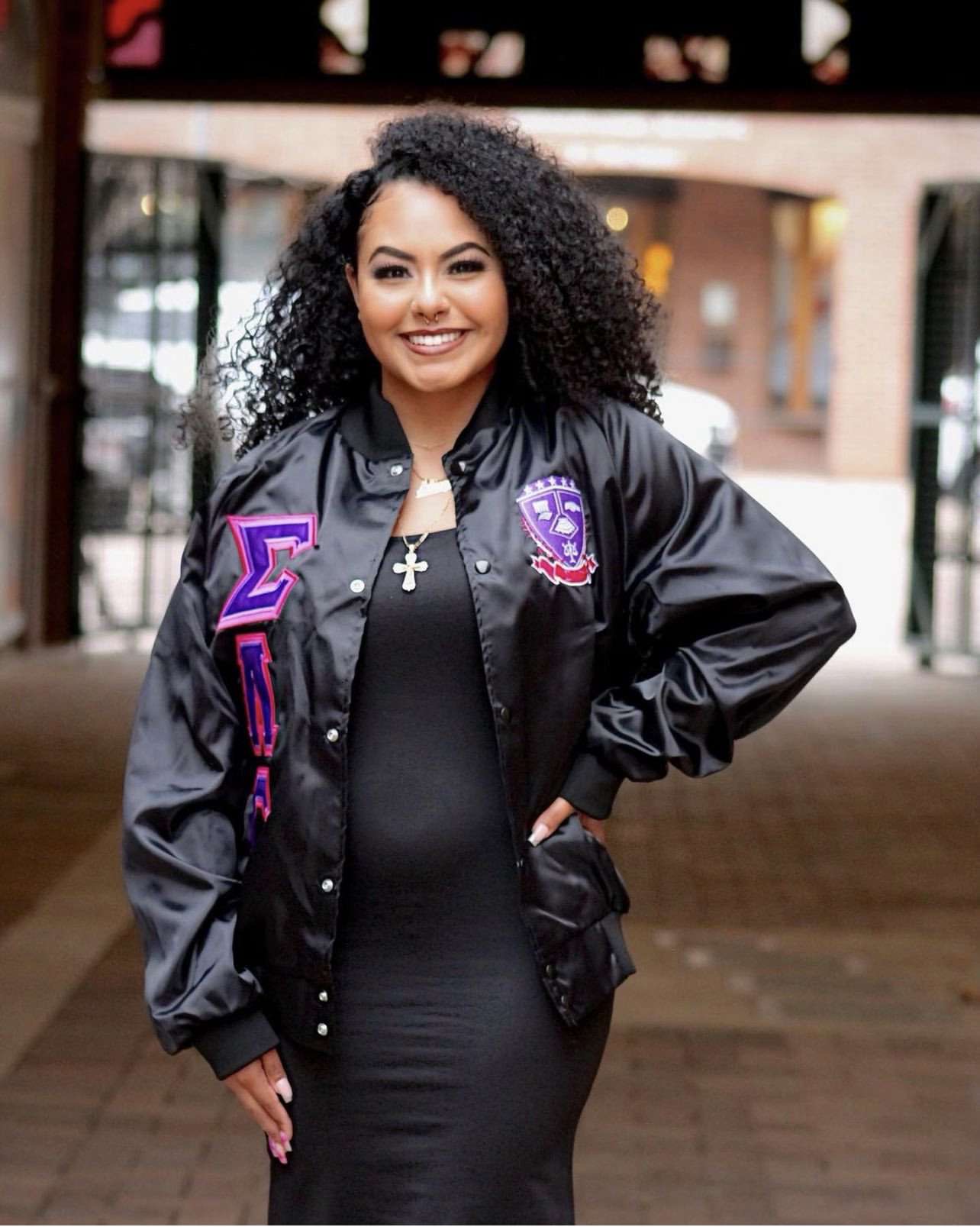
UNC alumni, instructor, and co-founder of Fred Tjardes School of Innovation, Dr. Courtney Luce, discusses the origins and challenges of developing Greeley’s newest Charter school.
I actually went into education as a second career. I had been working at home depot for a decade and at some point realized I didn't want to work in retail forever and on a phone call with my mom. She said, well, why don't you go into teaching? You know, you've, you've always talked about teaching. And as I thought about it, that was my favorite part of my job was teaching people. And so I started taking classes - Immediately, fell in love with education. Became wholly consumed by just the study of it.
When I graduated, I started teaching high school and I loved teaching high school. But one of the things that I quickly started to notice was that I really struggled to meet the needs of all of my students. That, the system was set up to meet the needs of, I always say like 30%. That is a totally made up statistic. I have no idea if that's accurate, but that's how it felt to me, was that one out of every three of my students was kind of getting what they needed. So I went back and got a master's and really kind of started to research that and from there moved into becoming an instructional coach. And so I was working for a large school district, going out into classrooms, helping teachers better their practice, become better at instruction. And, I hated myself because what I was asking them to do in their classrooms was to perpetuate the system. We're just perpetuating the educational system as it was status quo. And I had a mentor at that time who really just questioned the system and she was actually my boss, which was perfect because she was like, 'what if we did this?' And, and the people above her would've never supported some of the things we did, but she really started to push me and like she was giving me books to read that really stretched my thinking about how we could do education differently. So I went from there and, and into a Ph.D. program and, yeah, that's where the magic started to happen.
I had a kid and this around the time I entered into my Ph.D program, she was in kindergarten and being, you know, the child of like two well-educated teachers, it seemed to me that the system would be built for her. And it wasn't at all. Like she did not fit. And it was really quick in her educational career. I mean, in kindergarten where her teacher started asking me if she had A.D.D. Where she had troubles saying seated where, you know, they said her mind just seem to wander, and so, it wasn't, it was no longer like these kids in my classroom that I didn't think the system was working for. It was my own kid who the system wasn't working for.
So you, you pursued your Ph.D. And at that time, where did the School of Innovation come in?
Right away. I mean, I went into my Ph.D. program already thinking about that. As I had kind of grown as an instructional coach and realize that, that something needed to change in the system, and then having my own kid not fit, I immediately took a class in the program where I knew that the end project was to design a school. And so it was, I think the second class I took in in my program because I knew that was a piece of it. And so I went to him with all of my ideas and I had this like wonderful team, because it was a group project that this wonderful team of people who kind of let me run with it because I said, I really want to do this. This isn't a school project for me. This is a, this is a life project. And they brought in a ton of new ideas that I hadn't thought of, which was really helpful but also kind of let me run with the things I had been thinking about.
Honestly, the work from that project is still the foundation for our innovation plan. And so the things I wrote in their makeup 30 pages of our innovation plan
Can you describe the school? Like, what was in that plan?
As I was working on the, the plan and the project for the class, I actually ran into a couple of people who had been thinking the same thing. And it was literally like one day I was sitting with my computer out and I'm working on an assignment and this woman says that, that I knew, 'what, what are you doing?' And I said, 'Oh, I'm working on this project for class, but it's something I really want to do. I want to, I want to start a school. And that's the project.' And she started asking me like, 'Well, what kind of school?' And as I told her about it and started to say, you know, project based learning, hands on students get to drive their own learning and I'm naming these things that are important. She calls her husband over and says, 'David, you gotta, you gotta come over here.' And he literally had a piece of paper in his pocket that had the same words, like the exact same words on it. And he had been, you know, kind of drawing up a school in his brain as well. And so he had been meeting with, with our other partner, Kaitlin, and they had been talking about it. So we sat down at a public library and just wrote down everything we wanted school to be, like, what does it going to look like. And, and so some of the things that I just mentioned were on it, but also things like, you know, community involvement, community gardens, where students get to explore new topics. And I feel like a lot of those things fit with how the school (of Innovation) is designed today. You walk into the building and immediately when you go into the middle school area, you see an aquaponic system in a hydroponic system that's been built by the students. In our lunch room, we have a learning kitchen that the kids have used on many occasions. I mean, just last week we did a Chopped event and the kids were baking in the kitchen.
There wasn't an elimination round was there?
There was not an elimination round that we did it. We had like feedback round and then they got to try again. And they made amazing things. In our courtyard, there's a play house that's built by the kids. We have rolling gardens in our first and second grade area where they've planted all of all of the plants. And so that, that project based piece and, and the real world experience piece I think is evident sort of everywhere as you see. Like, you know, as I walked you around and showed you, oh, here's the loft that our kids designed and built a prototype for Andrew out plans. And how to pull code books and you know, ride around town on their scooters to secure funding. Like this is a real world experience.
Right. And it's so much more applicable. The part that really got me was that they had to apply for the funding and that if they're in charge yeah. That carries, that carries on so much further than just that project in itself and just for their lives, whatever career it is.
Yeah.
There's always need for money, right?
Right. Yeah. And it was, it was definitely a real world experience in that they planned it last year and didn't secure the funding. They had to wait until this year because it took them longer than they had anticipated to get the money for it. And I think they really learned from that kind of this staying power, but also that, you know, that it's hard to secure funding for something and, and that it often takes us longer than, than we think. But if you stick with it, it'll happen.
How would you define success for students here at the School of Innovation?
That's a, that's a hard question because I think it looks different for every kid, which is part of our design. So for instance, for her (daughter), I'll use her as an example, but, because I know this example well cause she lives in my house. For her, you know, one of the, one of the elements of success was finding her voice at school. She didn't speak up until she came here at school. We had a friend come over at one time when she was in third grade and she was baffled at how outgoing my child was. And I was like, 'is she not like this at school?' And she was like, oh, she never talks at school. And for me that was, that was shocking to hear. But also she, 'she said sometimes I feel invisible.' And, and so for me, I was like, as a school, how do we make sure kids feel seen so that they don't feel invisible and they do feel like if they speak, someone's listening?
And so success for her was finding her voice. And this year she was the student body president, like got up, gave a speech. She was the lead in the play. So for her success was finding your voice. For other kids, sometimes that successes overcoming some of the trauma that they've experienced in math where they're terrified to do it because they didn't feel successful, and being able to persevere in solving a problem and for them that success. And so it kind of looks different for, for each kid. And for my youngest, you know, success for her has been learning how to collaborate. She's always been so independent as a person and she's driven by her ideas and it's hard for her to listen to other people's input. And so success for her has been working on group projects and seeing them through.
How did you come up with the name for the school?
Yeah, so, uh, Fred Tjardes was an educator in our community for 30 years. He taught, he was a principal, and he was the father of one of my very good friends. And it seems to me like every time I was out in the community, and I mentioned that I was friends with Jill Tjardes, people had a story about Fred. And the stories were always about how, how he cared for them. So it'd be like, 'I remember Fred, I forgot my lunch one day and he gave me his sandwich.' 'Oh, I remember how I used to read to us every day in the lunch room.' 'As a principal, he would come in and sit and read to us.' 'I saw him once at the grocery store 25 years after he taught me and he's still new, my name, my family...' And, and so for us, the name kind of reminded us to put that relationship piece of education first before innovation, before anything else that, that the heart of education is in the relationships and, and those connections you build with students and their families. And so, yeah, so he's sort of our, we got to stay true to Fred
My name is Courtney Luce and I coordinate the secondary teacher prep program and instruct literacy in the content areas, classes. I go out and observe student teachers. Um, and also I am an alumni. I graduated with my Ph.D. In educational psychology from UNC.
One of the things that I've really learned through this process and through the process of trying to be a change agent in education is that the system is not set up for change agents in education because the thing that we've done with education as we've created one standard of what it's supposed to look like. And, and obviously like that standard is connected. Like an assessment needs to be connected to what, what the learning looks like. But if we change the learning, we have to also change the assessment to go, 'Are our students, you know, learning these critical thinking skills. Are they learning the ability to communicate, communicate and collaborate with each other? Are they becoming more creative?' You know, those are sort of the four C's of 21st century learning. But there isn't an assessment currently to measure that. And so we are held accountable to this old model, and it makes it very hard to change, you know, where we're at the end of our school year school got out yesterday. And so the first thing we did this morning was talk about what are our best hopes for next year and what are our worst fears? And you know, half of our staff, our worst fears are connected to test scores, because we're terrified that what we are teaching maybe can't be measured by the test. And yet that's what we're held accountable to. And so it makes it very difficult to change education because how do you change it and still fit in the box? I would say that's probably been our biggest obstacle. You know, last year being brand new, our biggest obstacle was building culture. And, and this year that hasn't been an issue. Our biggest obstacle is how do we meet this measure that maybe doesn't measure what we're doing.
We would love for people to come check us out. Come to one of our museum nights, which is where students display their projects and their learning from the year. Our doors are always open for people to see a different model of education and we love to give tours, we love to answer questions. We’ve had lots of professors hold their classes here, so we love to open it up as a space for learning for others as well, so yeah, come and see us!
Music
Paper Boat – Podington Bear
Fold Psychology – Nic Bommarito
Metabolismus – Grunenberg





